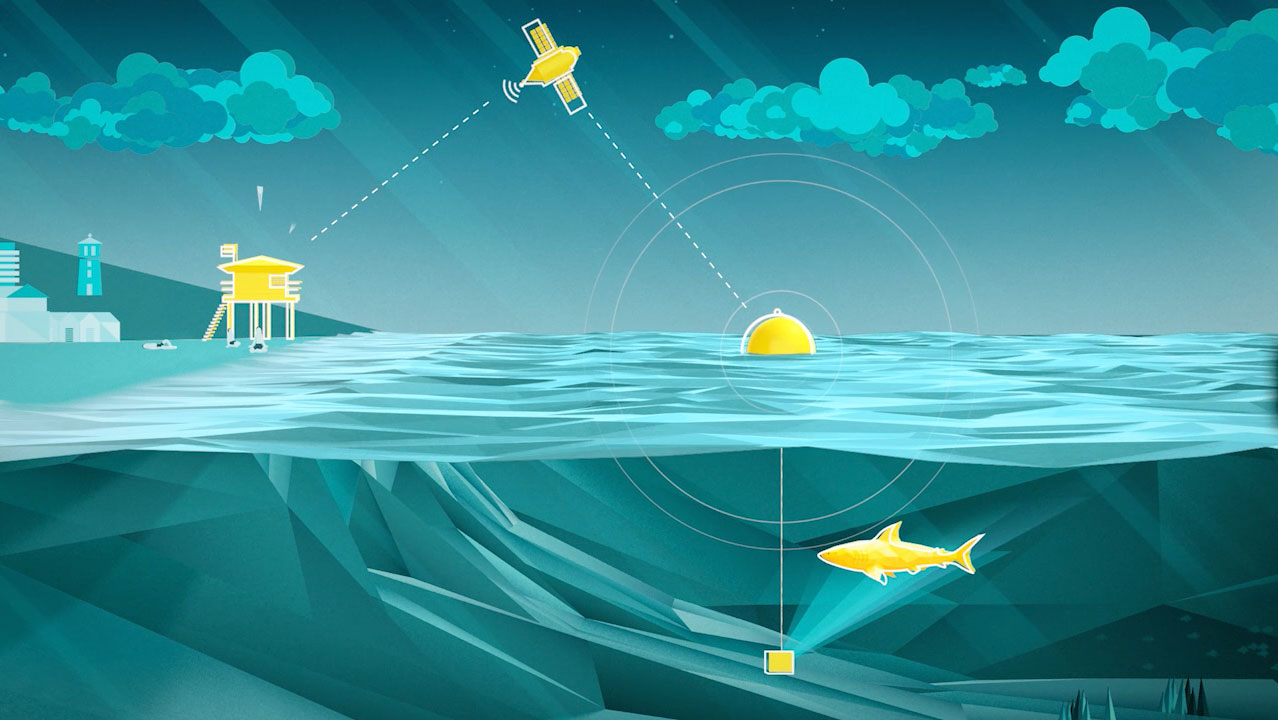A company in Western Australia has designed an innovative shark detection system powered by solar panels to help safeguard Perth’s City Beach during summer.
The Shark Mitigation Systems‘ (SMS) solar-powered Clever Buoy features a sonar and identification software used specifically to detect the presence of sharks, and disseminate data in real time to lifeguards on the beach so they can act on it
Generally, multibeam imaging sonars produce high frequency imaging that can be easily interpreted by the SharkTec software, which uses swim patterns and shapes to differentiate between various marine creatures.
Unlike the current systems devised to protect our beaches, none has any impact on marine life. SMS further clays that its system is very economical and gives the other alternative systems on the market a run for their money.
The system is currently on an initial trial period expected to end on the March 31 2017, and operates between the groynes at the City Beach.
“We are really excited to showcase our Western Australian developed technology in our backyard, following significant exposure nationally and internationally,” stated SMS Craig Anderson, the Managing Director.
“Western Australia is leading the globe in shark management initiatives and we are confident that the Clever Buoy will integrate with current strategies and provide an additional option for protecting beach users.”
The Clever Buoy springs from three years of research and development that also includes deployment at the Bondi Beach in NSW. During this period, the system was featured on Bondi Rescue, a popular TV show.
The system was designed and developed in conjunction with Optus and with the support of Google which availed the initial funding for the project.
SMS adds that the Australian Professional Ocean Lifeguard Association (APOLA) endorsed the Clever Buoy in May 2016 as a practicable shark detection and alert system.
2015 was reportedly the worst year for shark attacks in Australia in a period of seven years, with 18 unprovoked shark attacks being recorded. The rise was linked to warmer waters as well as increased number of people in waters.
As scary as the though of being attacked by a shark may be, Taronga Park Zoo says injuries and fatalities by shark bites “remain very small in comparison to fatalities and injuries occurring while undertaking other recreational water activities”.
As they say, an ounce of prevention is better than a pound of cure; prevention would be worthwhile especially when it doesn’t involve causing harm to the sharks.
IMAGE via https://cleverbuoy.com.au/

